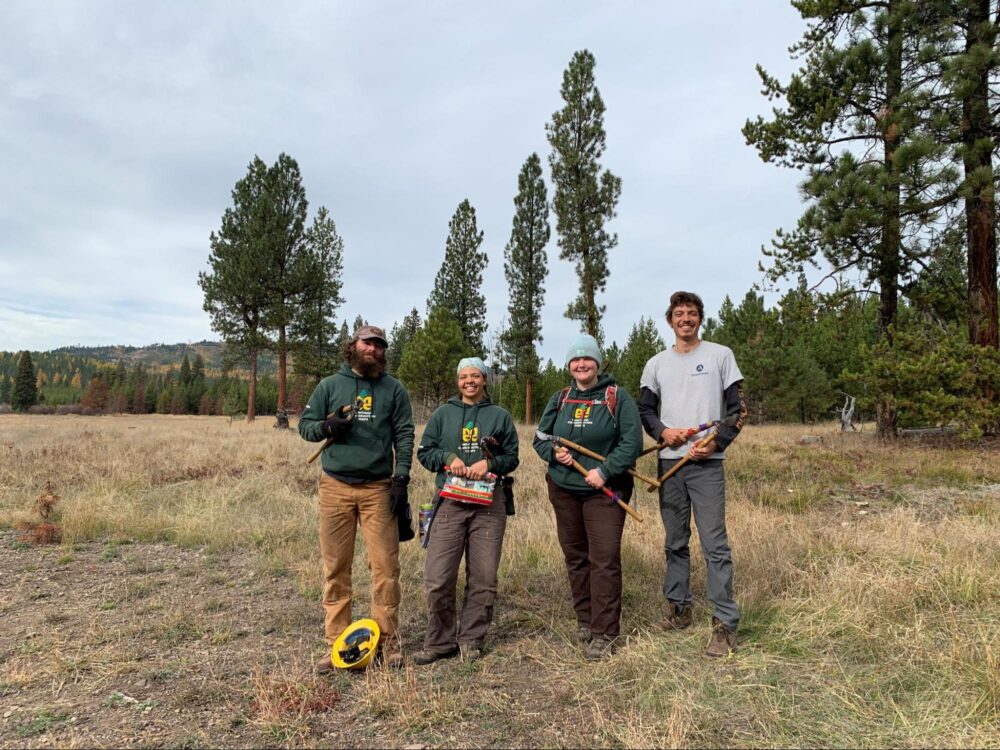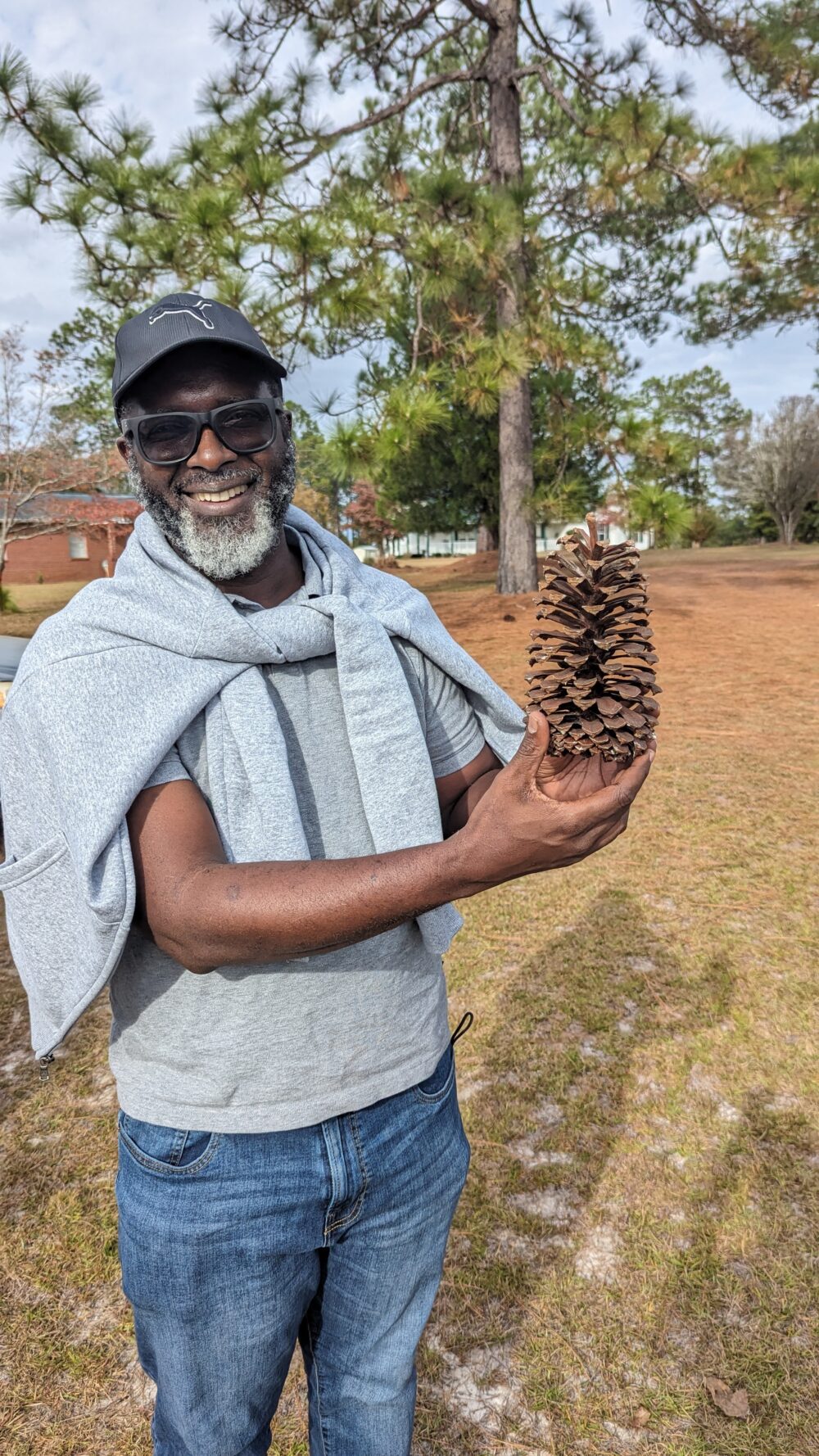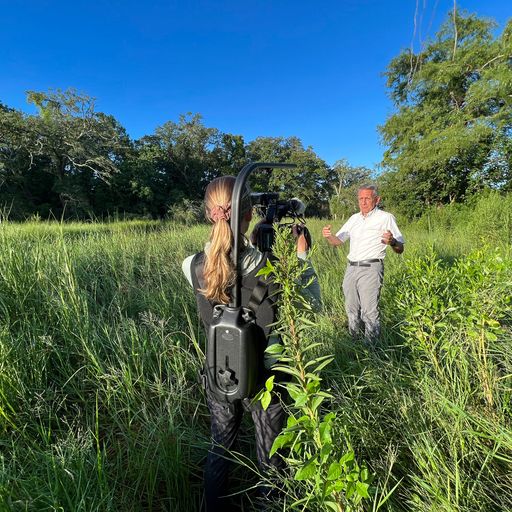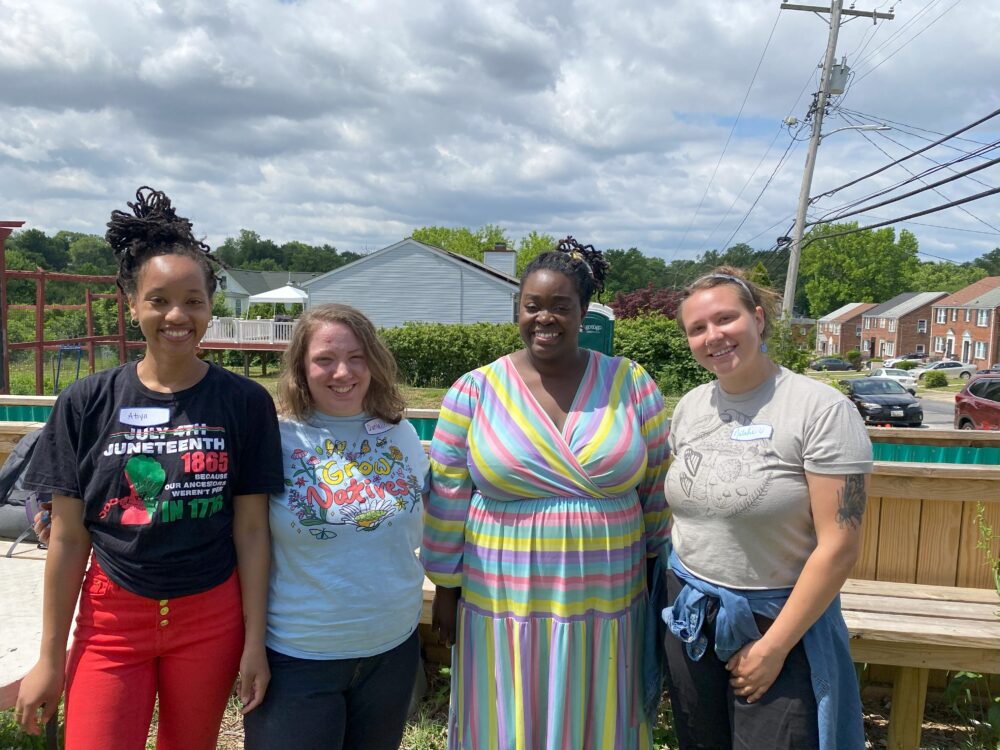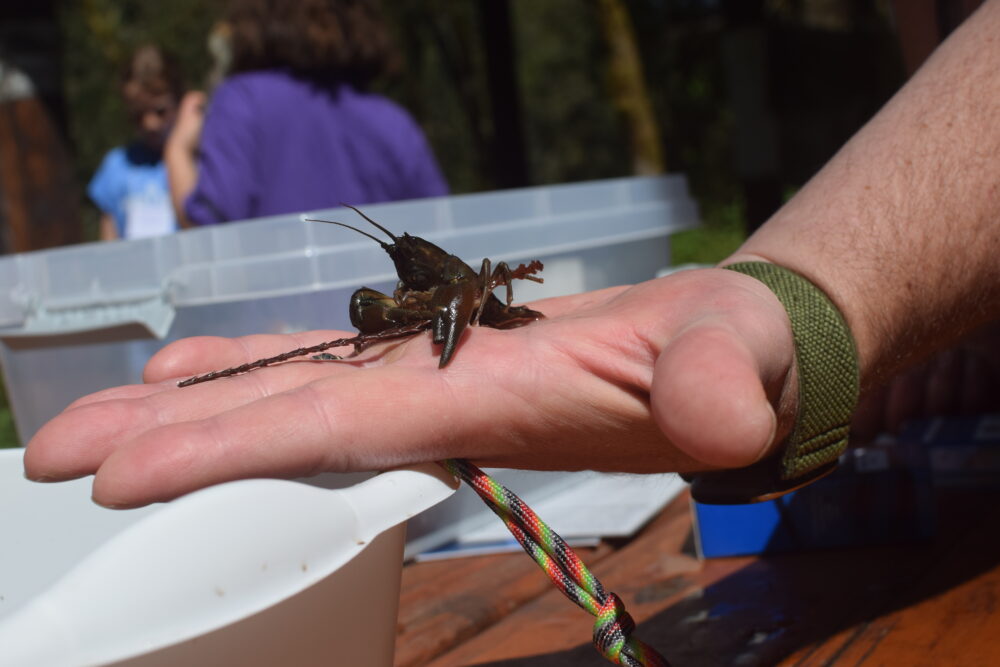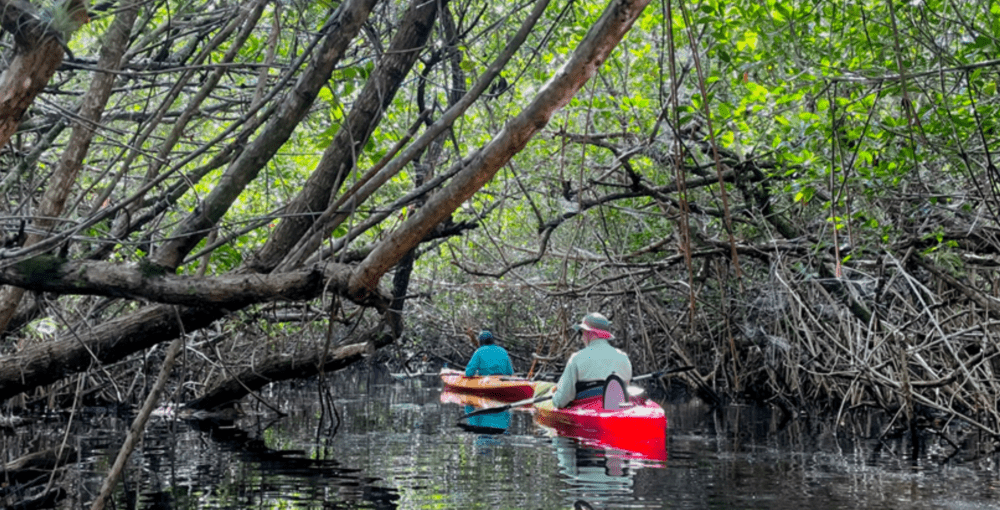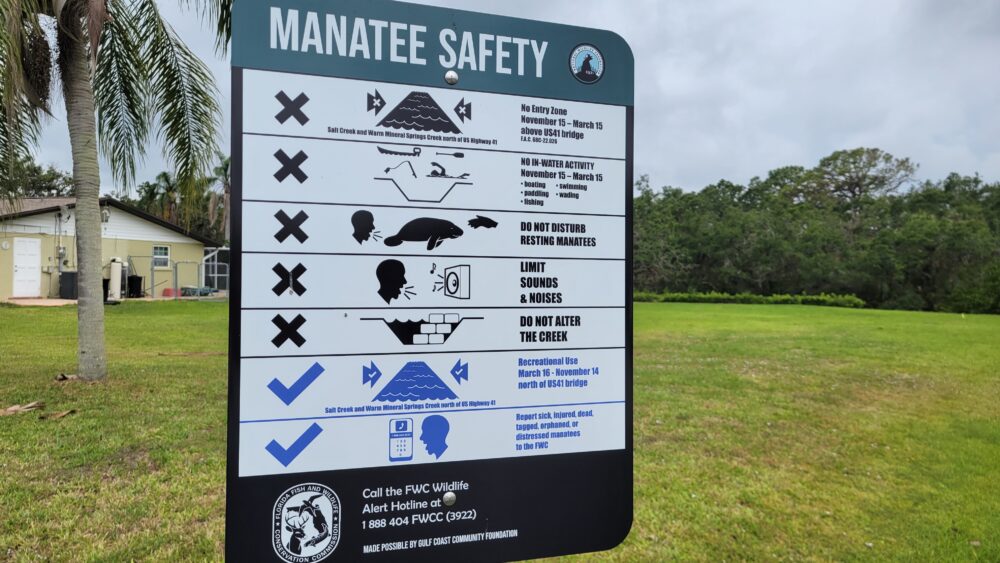We have much more to do and your continued support is needed now more than ever.
Feeling Stressed!!?! Visit Doctor Nature
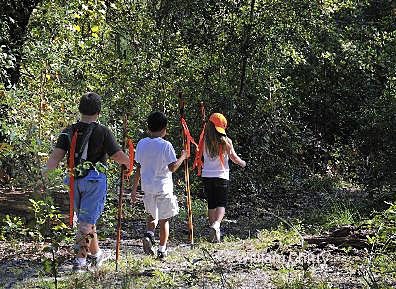
The Restorative Power of Nature
In its efforts to protect nature, the Federation is helping to preserve one of the key means for reducing stress: getting outdoors among trees and birds, wind and sunshine.
People have known intuitively for many years about the restorative power of nature. Henry David Thoreau, the Concord, Massachusetts, naturalist, observed in the middle of the 19th century, “An early-morning walk is a blessing for the whole day.”
And toward the end of the century, John Muir, who championed Yosemite as a national park, told us, “Take a course in good water and air; and in the eternal youth of Nature you may renew your own.”
Current views on nature’s role in reducing stress support what Thoreau and Muir preached. Increasingly, evidence shows that spending time in nature helps with healing, recovery, emotional well being and social life. Time spent outside can even improve your child’s sleeping habits.
In hospital studies, Texas A&M University psychologist Roger Ulrich found that surgical patients randomly assigned to a room with a window view of trees not only required less pain medication, but also healed faster and were discharged more quickly than if they had no window or had a view of a brick wall.
Other research found that tapping into the power of nature also may boost a company’s bottom line: Michigan office and factory workers were both happier with their work environment and 20 percent more productive after their firm moved into a building that had skylights and windows that opened onto views of restored prairie with meandering footpaths and wetlands rather than sterile, office park surroundings.
Getting Into Nature
Even though research supports the significant role that nature plays in our physical and emotional health, people are spending less and less time outdoors. The National Park Service recently found that the Millennial Generation, born since 2000, is much less likely than previous generations to visit and support national parks.
This fact should generate a bit of stress among wildlife enthusiasts, because the future for nature depends on a strong constituency demanding protection for wild places. Getting outdoors creates a bond between nature and people and builds strong support for wildlife and habitat protection. A study in the 1990s found that almost 100 percent of avid conservationists had spent time in nature as children with an older person, usually a relative.
When you get outside, and get your children outside, you are returning to nature the benefits that it gives you. NWF offers a wide variety of information on outdoor activities, including volunteer projects that let you help protect wild places at the same time that you’re letting nature protect you. That’s a pretty good bargain for National Stress Awareness Month.
When thinking about outdoor activities with your family, don’t forget to register for NWF’s June 23 Great American Backyard Campout, a chance to join thousands of other Americans sleeping under the stars.











